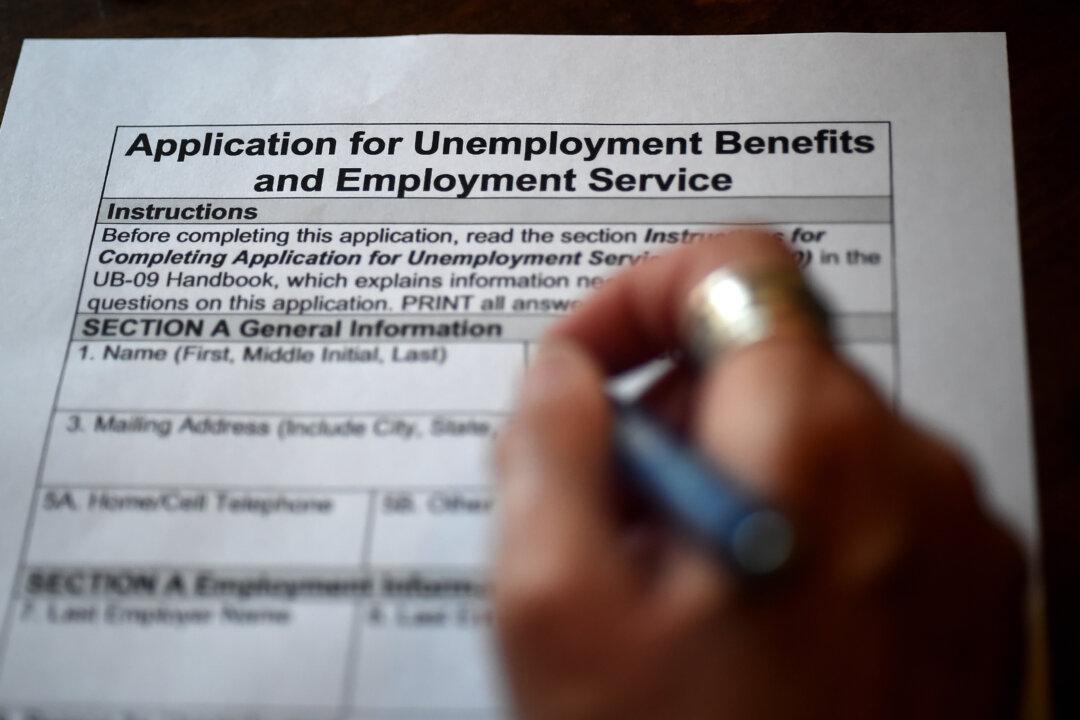The House voted on May 11 to pass legislation aimed at incentivizing states to claw back fraudulently paid unemployment benefits made during the COVID-19 pandemic.
The bill, H. R. 1163, known as the “Protecting Taxpayers and Victims of Unemployment Fraud Act” passed in a 230–200 vote, with 10 Democrats joining Republicans in voting for the legislation.




